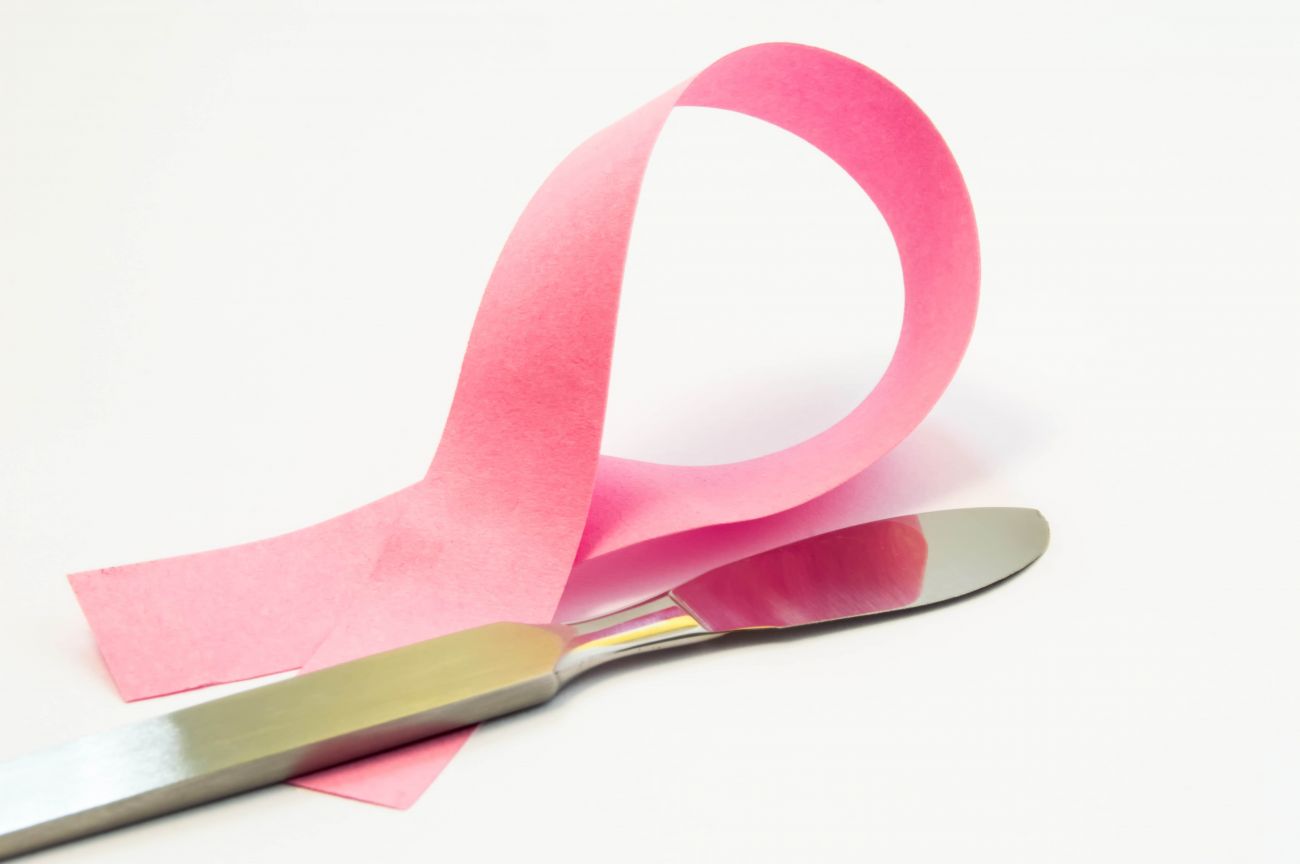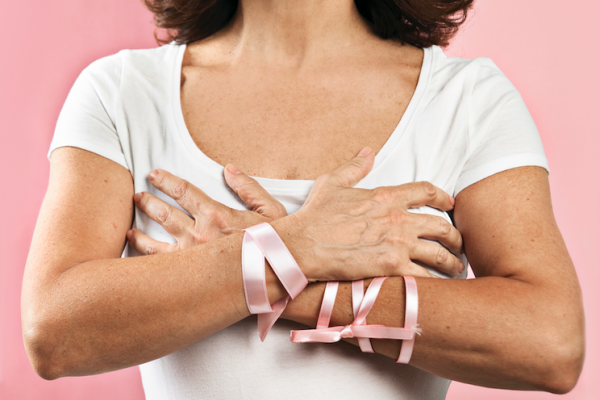As a surgeon in the Department of Head and Neck Surgery/Plastic and Reconstructive Surgery at Roswell Park Comprehensive Cancer Center, I work very closely with breast cancer patients to help educate them on their options and the benefits of breast reconstruction after their cancer treatment. Here are some of the most common questions that I'm asked when meeting with a patient for the first time.
What is Breast Reconstruction?
Breast reconstruction surgery is the creation of the mound of the breast and the nipple and areolar complex after a mastectomy. Breast reconstruction is also done after breast conserving surgery (lumpectomy) to help create symmetry after treatment, when the treated breast may be smaller or have shape changes due to the treatment. The final results of breast reconstruction can help lessen the physical and emotional impact of a mastectomy or lumpectomy and improve overall quality of life.
What to Expect From Breast Reconstruction?
With any surgery, there are risks of bleeding, infection and scarring, but the benefits far outweigh the risks. We don’t do anything that would interfere with your treatment regimen. Breast reconstruction can begin at the same time as a mastectomy – eliminating an additional surgery – or it can be delayed until you heal from a mastectomy and recover from any additional cancer treatments. The process takes about a year to see the final result. It entails several plastic surgery techniques to restore a breast to near normal shape, appearance and size.
What is the Result?
A reconstructed breast differs from a natural breast due to lack of sensation and erectile function of the nipple. It can also seem dense and heavy at first if you choose to have implants. If you are a candidate for tissue reconstruction then you can use your own body tissue from other areas such as the abdomen, to create a new breast and have the added advantage of getting a “tummy tuck.” In either case, over time, some breast sensation may return, and scar lines will improve. As your body heals, you can return to your regular activities and work. The ultimate goal of reconstruction is to help you with your overall emotional confidence and physical appearance.
Never miss another Cancer Talk blog!
Sign up to receive our monthly Cancer Talk e-newsletter.
Sign up!
